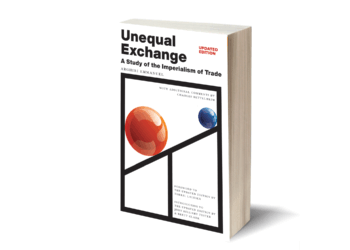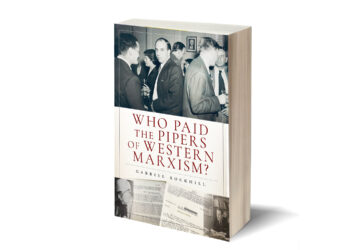In the public eye: “Albert Einstein’s ‘Why Socialism?'”
March 3, 2026
In defiance of those who would like to, not only re-write history, but erase the future, please help us get this book out to as wide an audience as possible. Einstein's prescient article "Why Socialism?", first published by Monthly Review in its inaugural 1949 issue, has to say the least, been circulating for some time. Yet it has never been more relevant than today. Einstein's perspective links alienation and nuclear annihilation, capitalism to the devastating possibility of omnicide -- the destruction of all human life on earth. As the U.S. approaches its 250th anniversary and the current US President imprisons and kills the heads of Venezuela and Iran in a clear attempt to control access to their oil supplies, we already find ourselves mired in another imperialist war in the Middle East that is very likely to veer towards World War III....






